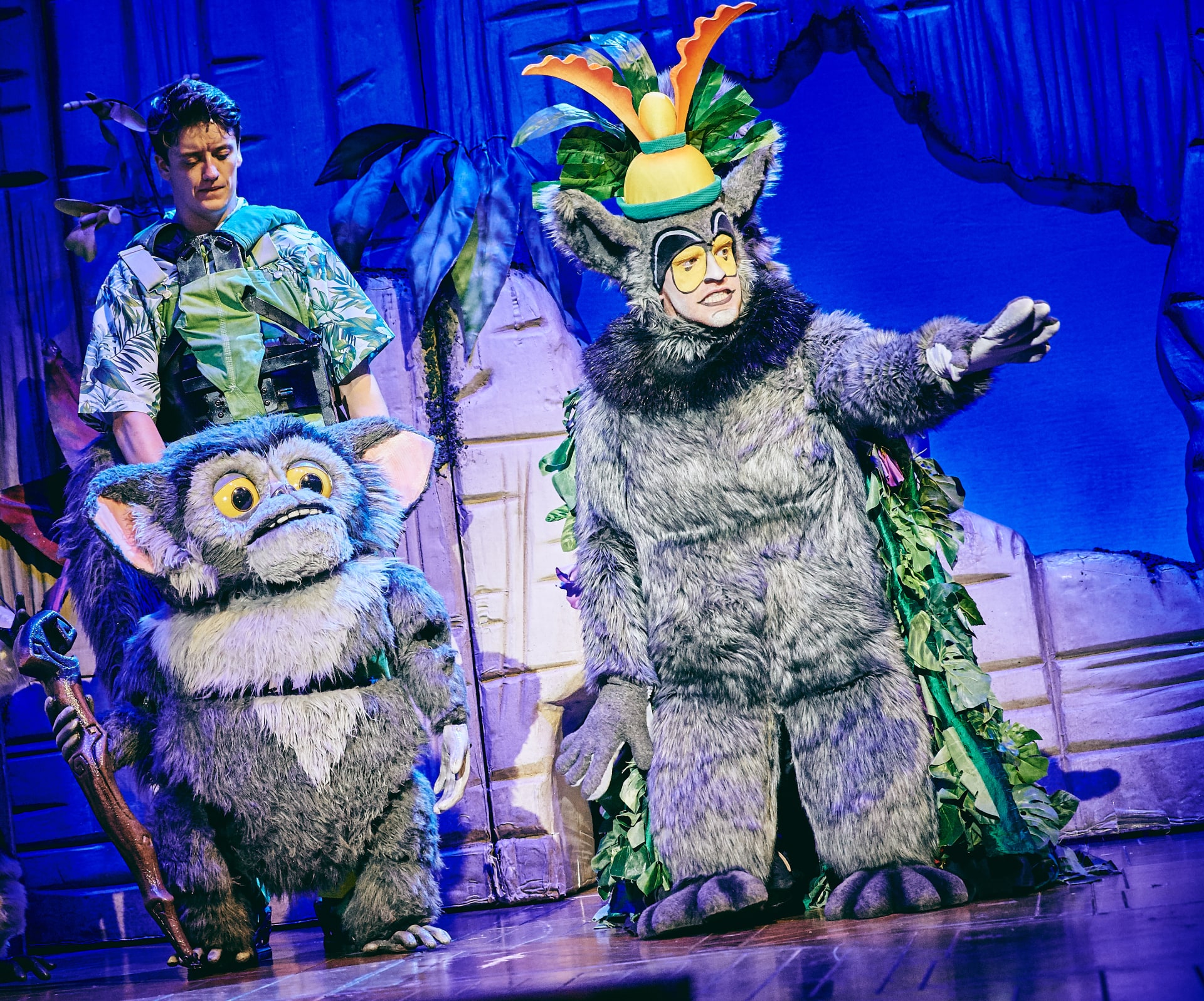Artificial intelligence (AI) has been an integral aspect of science fiction since genre was invented; a trope, that signified the heights of technological innovation and the great forward leaps our fictional successors were able to achieve. Today, though, some version of that fiction is playing out in reality, as a new tech boom sees AI systems making epochal changes to the way we work.
Every industry has already been touched by AI in one way or another, and the fashion industry is no different. Globally, the fashion industry has an approximate value of £1.4 trillion, from designer brands to the high street and beyond. This ever-growing industry has been given some golden opportunities to grow even faster through AI integration and intervention, but what roles can AI truly play within fashion?
Design Innovation
The most immediate – and the most polarising – way in which AI could revolutionise fashion is through assisting in design. There is no true alternative to the keen and expert eye of a master fashion designer, but where fast fashion outlets are concerned, well-trained AI algorithms could be instrumental in streamlining product designs. This could be especially useful when it comes to material efficiency, and getting the most out of smaller amounts of fabric.
The more contentious end of the AI design spectrum is where creative decisions are made. Given the propensity of AI algorithms to riff on the copyrighted work of others, it is important for fashion brands to have a careful legal approach to IP and copyright. Again, though, AI could be used in an augmentary fashion to iterate on existing designs in a low-cost manner.
Sustainability
We’ve already touched on the potential for AI to help streamline fashion designs with material efficiency in mind, which broaches the wider subject of sustainability in fashion. Fast fashion has had a demonstrably deleterious impact on the environment globally, from localised emissions and pollution through poorly-managed sweatshops to the fossil fuels burned in transporting vast amounts of clothes around the world.
AI could have a meaningful hand in reducing the climate impacts of fashion brands, in a number of ways. Many AI systems are non-creative by nature, instead designed to find complex logistical solutions to complex problems. These administrative algorithms could be vital to charting a course to a low-energy fashion industry, whether through conducting stock fleets or otherwise.
Automation
Finally, but perhaps most impactfully of all, we come to the reason for which AI has proven its worth in all other industries: automation. AI algorithms are eminently trainable, and smart enough to adapt to certain changing circumstances. As such, certain systems can be trusted with administrative and customer-service tasks which would usually require small teams of real staff members. The margin for error is reduced, and the efficiency is increased considerably too. With automated processes for fabric procurement, customer queries and more, AI can advance the profitability of fashion companies no end.








